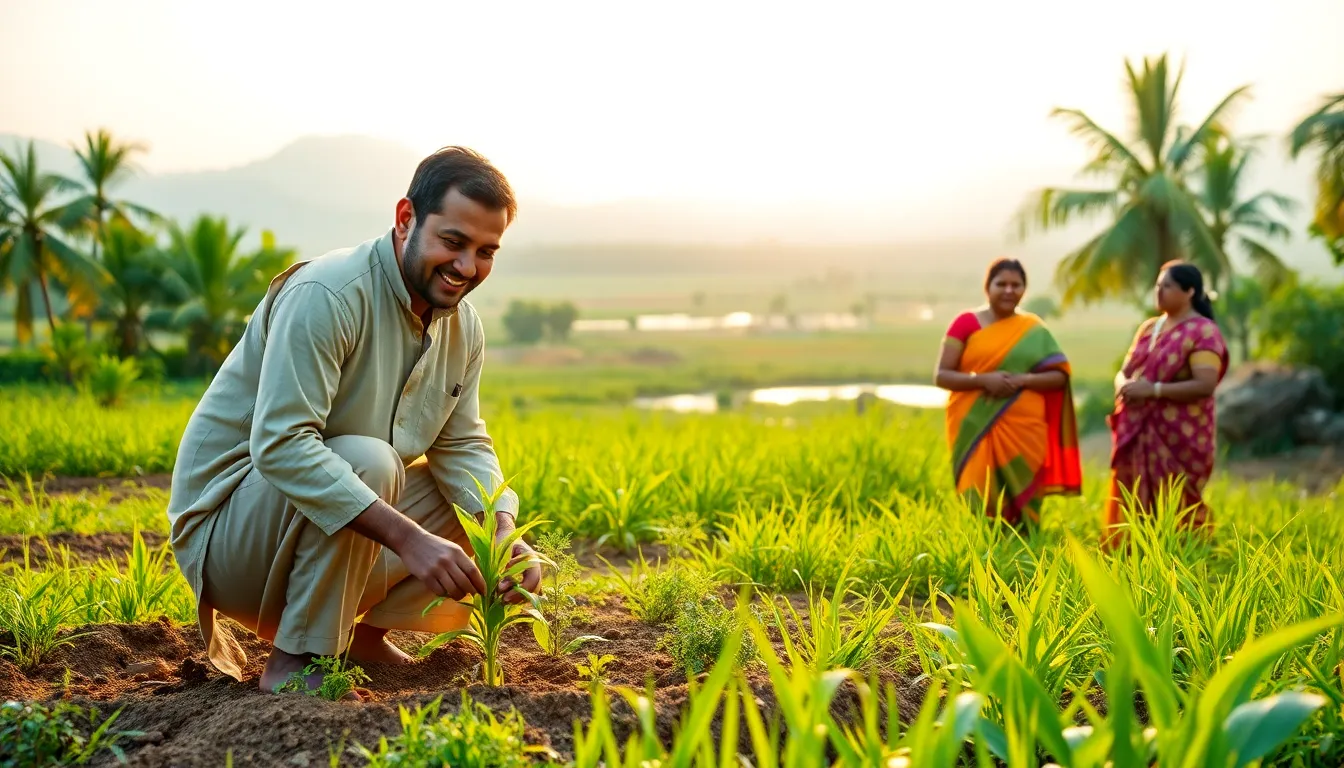Brazil nut cultivation is gaining attention in India. This high-value crop has great potential for both economic and environmental benefits. The demand for healthy foods is rising, making Brazil nuts attractive to farmers. The Brazil nut tree produces nutrient-rich nuts that are known for their health benefits. They are rich in selenium, healthy fats, and antioxidants. These nuts can support heart health and boost the immune system. However, there are challenges to growing Brazil nuts in India. The Brazil nut tree is native to the Amazon rainforest. It thrives in specific ecological conditions that are hard to replicate. The tree requires a humid environment with consistent rainfall and well-drained soil. In India, areas like Kerala, Karnataka, and parts of the Northeast may be suitable for cultivation. Yet, these regions must closely match the Amazon’s conditions. The Brazil nut tree also has a long maturity period. It can take 10 to 20 years before the tree produces its first nuts. This long wait may discourage farmers from investing in this crop. Another challenge is the lack of local expertise. Farmers may need training and research to successfully cultivate Brazil nuts. Establishing a market for Brazil nuts is another hurdle. Farmers must educate consumers about the benefits of these nuts. Despite these challenges, the economic potential of Brazil nuts is significant. They can sell for high prices, reaching Rs 2,000 per kilogram. This could provide farmers with a new income source. Additionally, cultivating Brazil nuts aligns with sustainable practices. The trees can be part of agroforestry systems, enhancing biodiversity and soil health. The cultivation of Brazil nuts in India could reduce reliance on imports. It can also diversify agriculture in the country. To succeed, careful planning and research are essential. Farmers must understand the ecological dependencies of the Brazil nut tree. For instance, the tree relies on specific pollinators and seed dispersers that may not be present in India. Moreover, developing a local industry will require marketing efforts. Farmers will need support in educating consumers about the benefits of Brazil nuts. With the right guidance and resources, Brazil nut cultivation could become a thriving industry in India. It offers not only economic benefits but also contributes to environmental sustainability. The growing health consciousness among consumers makes Brazil nuts a promising option for farmers looking to diversify their crops. In conclusion, Brazil nut cultivation presents a unique opportunity for Indian farmers. While there are challenges, the potential benefits make it worthy of exploration. With proper support, India could develop a successful Brazil nut industry, benefiting both farmers and the environment.
Brazil Nut Cultivation: A Sustainable Opportunity for Indian Farmers
 Brazil Nut Cultivation: A Sustainable Opportunity for Indian Farmers
Brazil Nut Cultivation: A Sustainable Opportunity for Indian Farmers